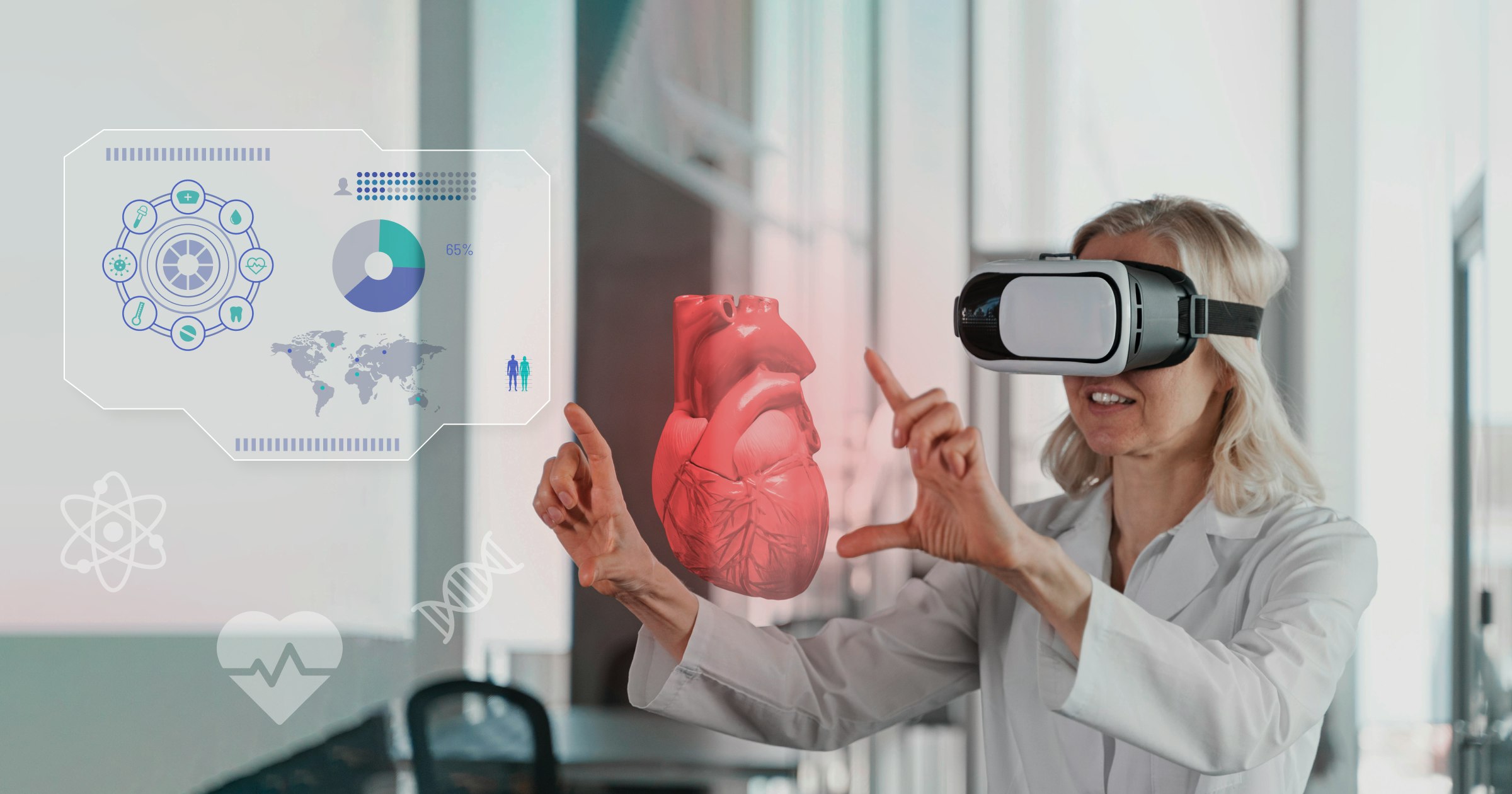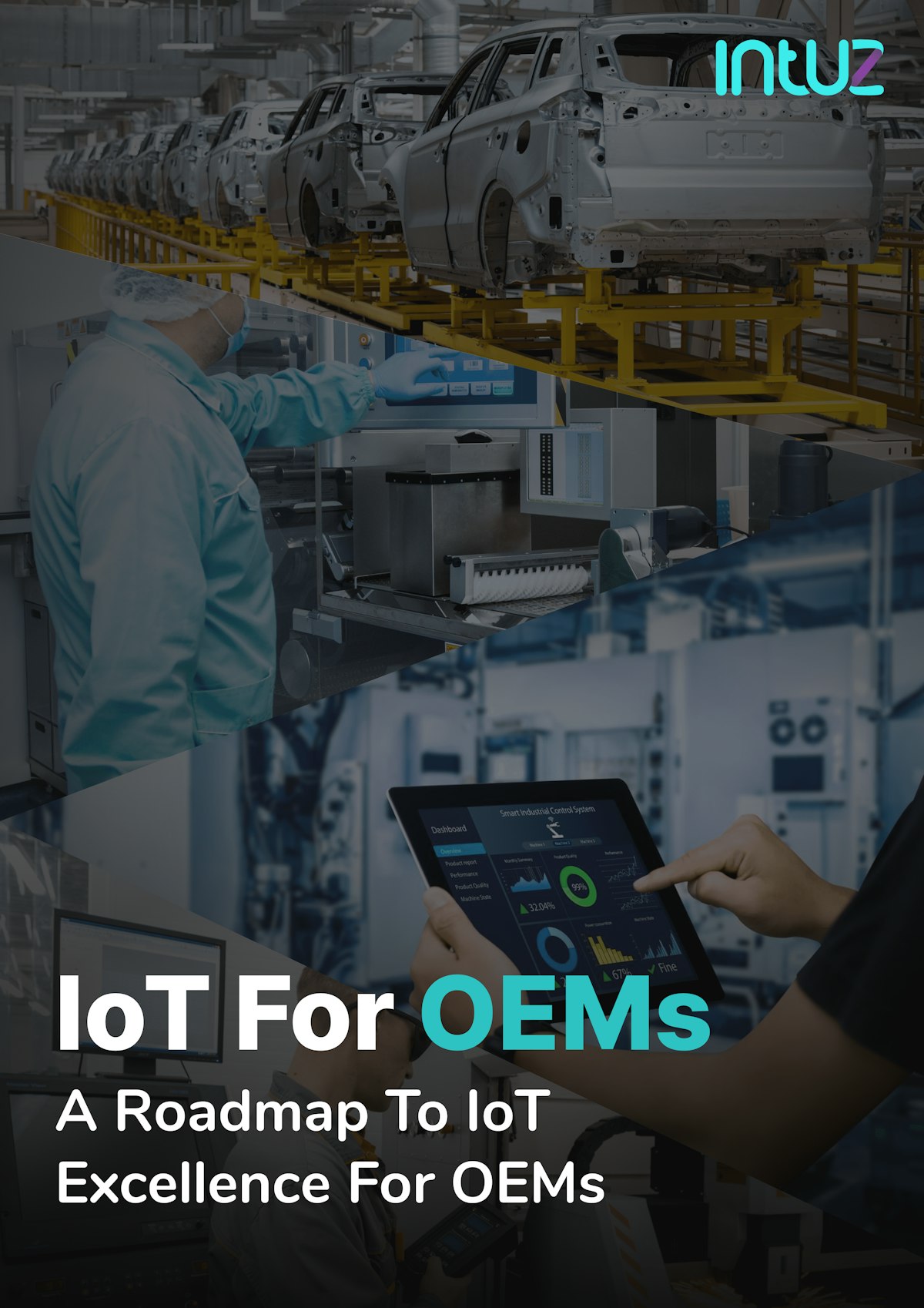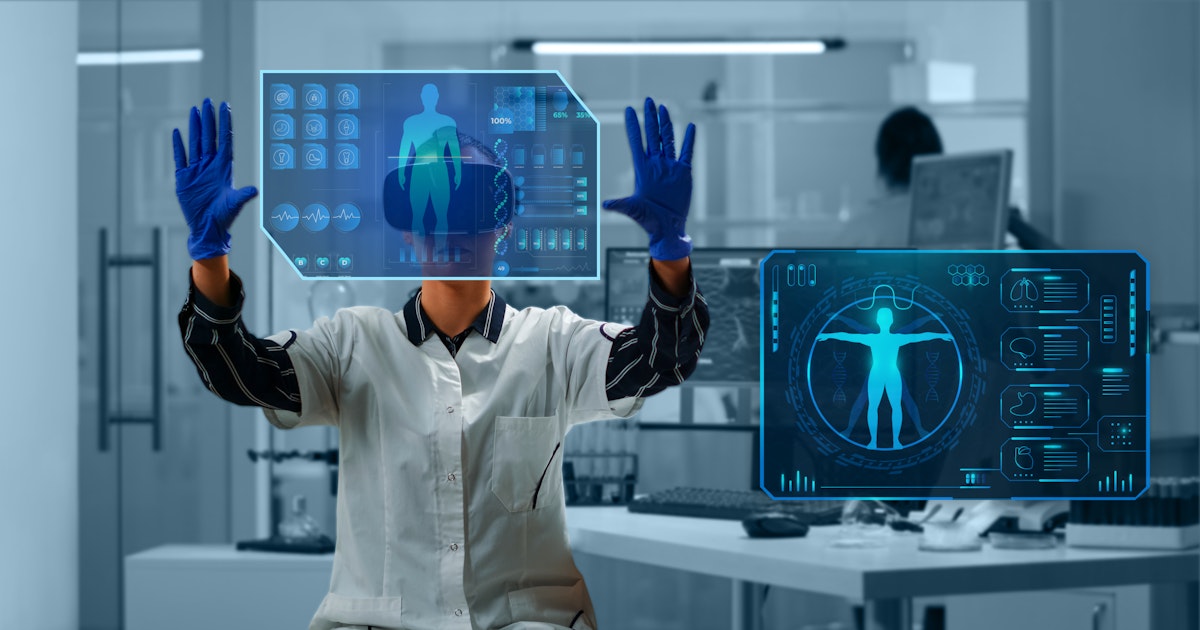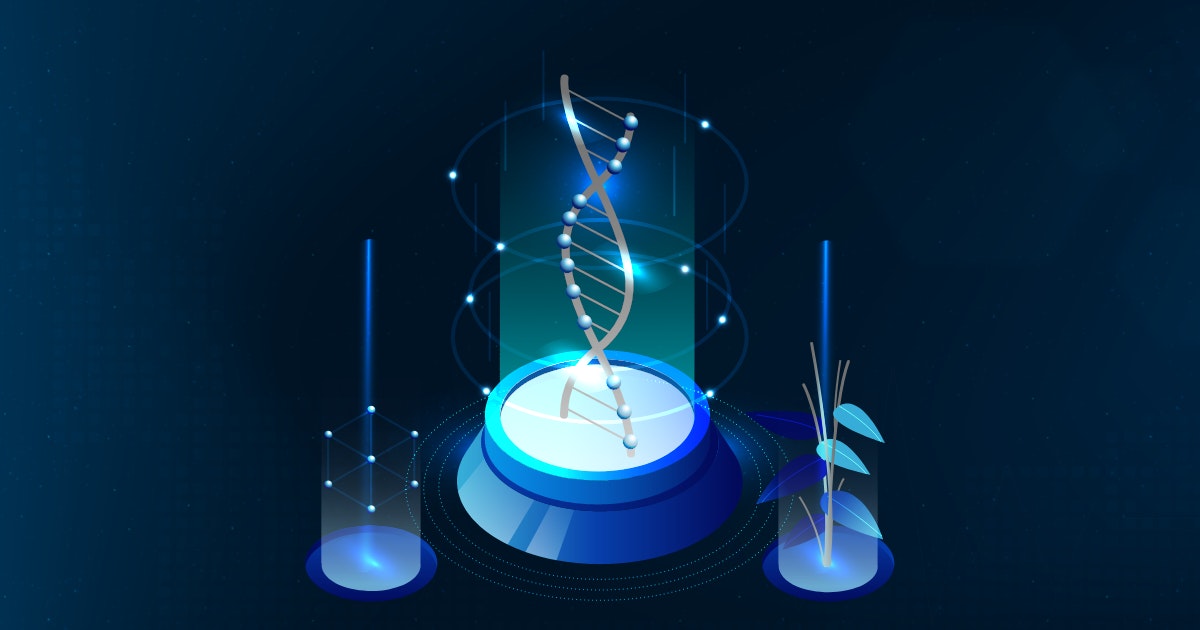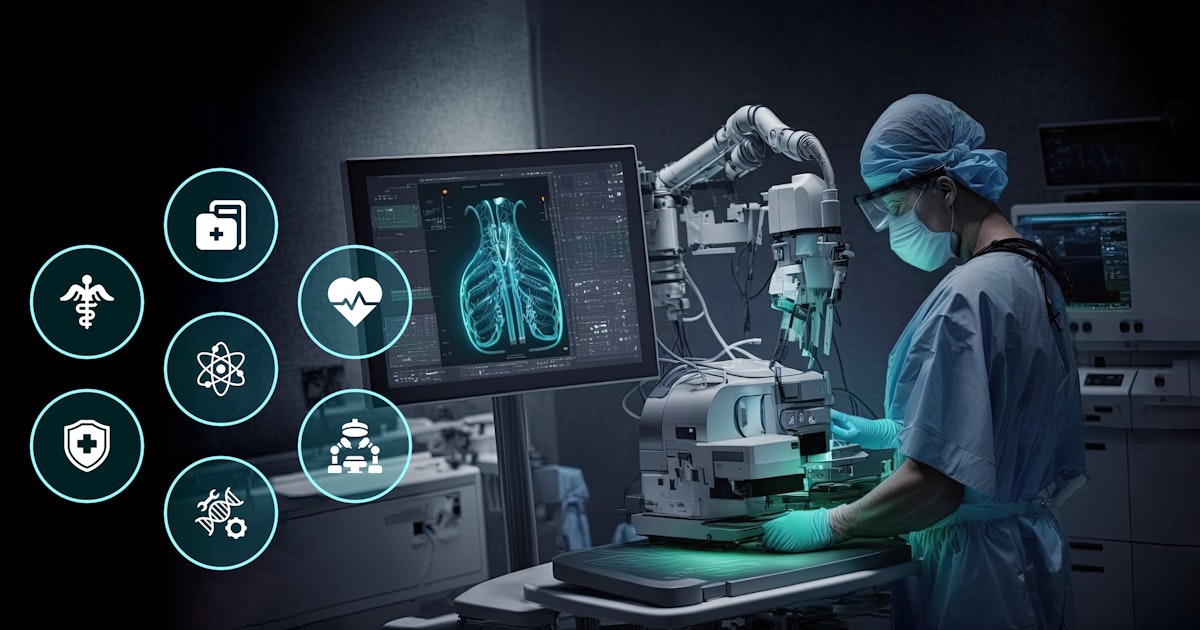The integration of technology in the healthcare domain is not a new phenomenon. In fact, sophisticated technology has revolutionized the healthcare infrastructure all over the world. Internet of Things, AR, VR, wearables and other devices have mobilized the flow of information between humans and machines. No doubt, the last couple of decades has witnessed a spectacular progress in the field of healthcare, thanks to the breakthroughs made in the IT industry. ‘Connected healthcare’ is a commonly used phrase today, considering the seamless communication between machines.
According to Forbes, the IoT market for healthcare will soar to $117 billion by 2020. This reveals a transparent picture of the rapid integration of the IoT App development technology in healthcare. Fast recovery, accurate treatment and eliminating the loopholes in healthcare being the core objectives of the healthcare industry, the IT giants are coming up with unbeatable technology to get medical equipment connected. Companies like Google, Microsoft, IBM and Cisco, to mention a few, are focussing on leveraging the healthcare infrastructure around the world.
Let’s have an insight into the integrated technologies in the IT and healthcare domains.
Decreased costs
Today, around 73% of the global healthcare organizations is integrating IoT to monitor and maintain their resources. Increased connectivity in the healthcare domain reduces the overall maintenance costs. As the machines are taking over the roles of human agents through seamless transaction of messages, unnecessary visits by medical personnel are being reduced. Besides, the leading healthcare organizations are providing sophisticated home-care facilities, eliminating the spans of hospital stays.
Enhanced technology warrants better outcomes
A source reveals that as much as 80% of respondents during a survey are of the opinion, that improved connectivity will refine the outcome in the healthcare industry. Virtual infrastructure like cloud computing enables the doctors to evaluate information in real time, thus slashing down delays. It also helps the doctors to make evidence-based decisions. Timely treatments on the right track ensures improved outcomes, delivering better benefits to the patients.
Enhanced disease management
IoT, along with AR and VR, plays a dominating role in monitoring the patients and disease management. Particularly, AR and VR have come up with the ability to comfort patients undergoing surgeries. Today, doctors and surgeons can take the necessary steps before the situations get out of their hands, thanks to innovations made in the IT domain. Patients can understand the operational mechanism of drugs through AR, which are displayed in 3D before their eyes. They need not read lengthy documents in understanding a treatment strategy. Various equipment of augmented realty can help the lab workers in monitoring their experiments.
Eliminating errors
Precise data collection through sophisticated technology reduces the errors in the treatment process. With automated technologies controlling the workflow, the doctors can make data-driven decisions. Accuracy is of prime concern, when you consider any surgery. AR has enabled surgeons to accomplish complicated surgeries with ease and precision. It can save lives by locating minute tumours and other abnormal growth inside the body before it is too late.
Comfort for the patients
Elevating the comfort level of the patients is a core objective of every healthcare organization. It is expected that these organizations will be able to increase their productivity by 57% by integrating IoT. Improved accuracy, proactive treatment strategies and timely intervention by the medical practitioners ensure a greater degree of comfort for the patients. Besides, advanced technology ensures seamless drug management, which makes the treatment process transparent and accountable to the patients. Evidently, the comfort zone of the patients is leveraged in the process.
Digital contact lens to further refine treatment strategies
Well, Google is aiming to produce digital contact lenses that will revolutionize diabetes care. These digital lenses with multi-sensor features will be able to evaluate blood sugar levels. The integration of AR will further broaden the scope of these lenses in the healthcare industry. For instance, healthcare practitioners will be able to flip through the pages of an eBook by blinking their eyes. The inception of digital contact lenses will redefine the treatment strategies for various diseases. Besides, AR will enable nurses to locate the veins in the human body. Accuracy and speed define the future of the IT-integrated healthcare industry.
Custom Healthcare IoT Solutions Development Company
Explore NowIoT apps in use in healthcare
There is no doubt in our minds regarding how IoT technology has redefined our lives' daily aspects and the healthcare industry. Generally speaking, IoT gives patients control over their treatments and doctors greater transparency into the human body. Mentioned below are five IoT monitoring systems creating a buzz in healthcare:
1. AR/VR healthcare solutions
Imagine if doctors had a way to see the insides of our body while being operated on? That is what AR does.
Through a holographic augmented reality platform, surgeons can now view the 3D image, which floats above the patient on the operating table, of the body part being treated in real-time.
On the other hand, virtual reality enables surgeons to copy real-life surgical procedures to boost the preparedness and efficiency in the OT. This includes the use of the likes of VR headsets and haptic gloves.
2. Hearables
An amalgamation of words, hearing, and wearables, hearables are hearing aids that enable digital transformation in the way people with hearing loss interact with the world. Also compatible with Bluetooth, hearables sync with your smartphone.
You can also filter, add layered features and equalize real-world sounds for better audio quality on these healthcare applications.
3. Wearables
Medical wearable devices collect essential data such as heart rate, blood pressure, oxygen levels, and so on. This information can reduce emergency room wait time as doctors would not waste time calculating the basic health parameters.
Some wearables can share extra insight into symptoms and trends of any psychological and physiological disorders. For example, diabetic patients can receive red flags or warnings if their sugar level rises.
In another case, moodables, the mood-enhancing wearables, improve and stabilize our mood throughout the day by sending low-intensity current to the brain, which elevates the spirit.
4. Computer vision
Computer vision is a boon to visually impaired people and helps them navigate efficiently. Using drones, the technology mirrors visual perception and makes a decision based on that. On the other hand, it allows radiologists to inspect the body's insides (looking for cancerous cells) and identify disorders without spending too much scanning, debating, and diagnosing.
5. Fitness trackers
Are you going for a walk? Running for 5 km in one go? Performing HIIT workouts at the gym? Exploring the great outdoors on a trek? Whatever you choose to do, you can keep track of how well you are doing through such monitoring systems.
Wearables such as smartwatches and even smartphones capture rich data to showcase digital health in real time. It can also recommend bespoke exercises and outdoor activities.
Let's Develop Your IoT & AR, VR Strategy for Healthcare Excellence!
Let's Get StartedOver to you
Well, one of the best outcomes of developments in the IT industry for healthcare is that, AR will enable patients to describe their symptoms. At times, patients overreact to their symptoms, while a subdued approach does not allow them to reveal their problems accurately before the doctors. Through AR, it is possible to eliminate these issues. Purpose-centric apps are being developed to stimulate the vision of patients to detect their health problems.
IoT and AR will go a long way, crafting the future of the healthcare industry over the globe. While the leading healthcare institutes have already embraced most of the changes, others are following in quick time. Developments in the IT domain can bring about strategic breakthroughs in the healthcare industry when integrated with diplomacy and innovation.
Looking forward to exploring our capabilities to serve your Mobile app development projects in the healthcare industry? Connect with our experts to consult and get a quote.
